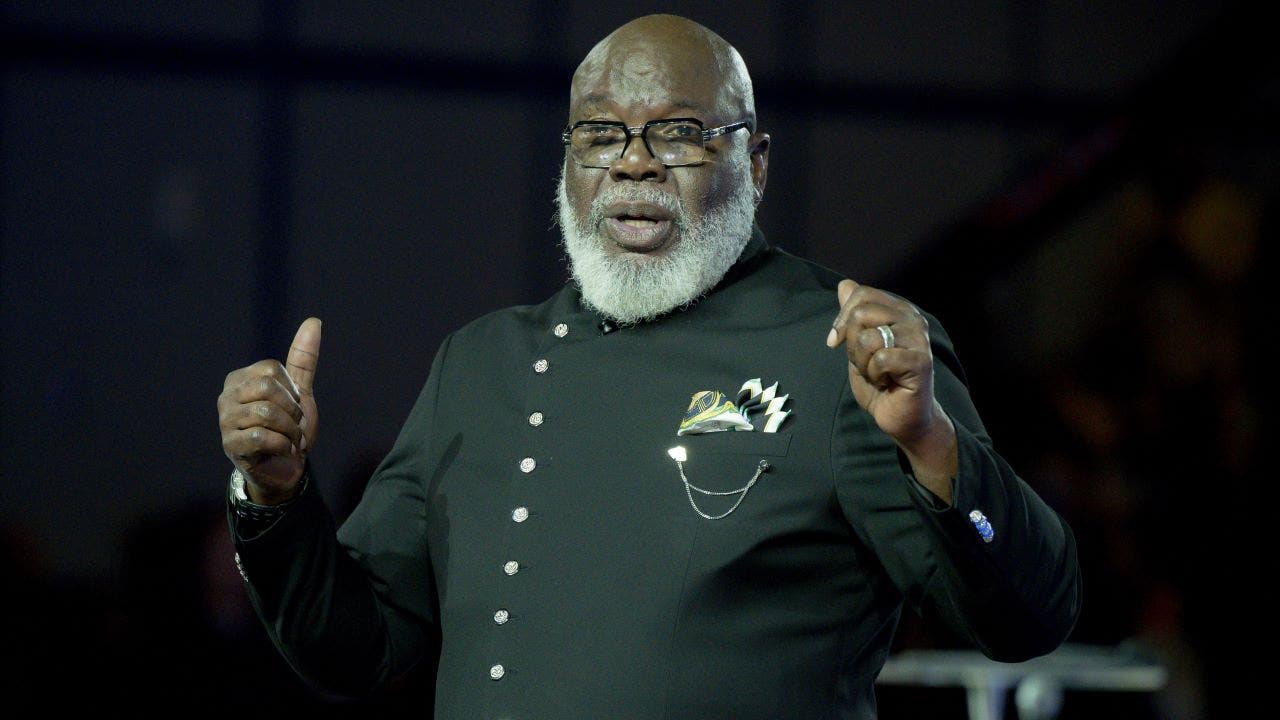Blueland CEO Sarah Paiji Yoo says she couldn’t do her job without ditching a habit that hindered her first startup: trying too hard to get everything done.
Paiji Yoo co-founded Blueland, which makes eco-friendly cleaning and personal care products, in 2019. Her company surpassed $100 million in sales within three years and became profitable last year, according to an announcement in January.
But before Blueland, she was the CEO and co-founder of Snapette, a fashion-focused photo sharing app. That company, founded in 2011, was acquired in 2013 by PriceGrabber for an undisclosed sum — and in those two short years, Paiji Yoo found herself gravely overworked, she says.
“With my first startup, I was spinning my wheels along,” Paiji Yoo, 40, tells CNBC Make It. “I was just working 24/7 because I could always find more work to do … [Now, I’m] forcing prioritization, and it’s a lesson I’ve had to learn over time.”
Pulling all-nighters, working on days off and general multitasking are standard parts of many entrepreneurs’ lives, especially in a startup’s early days. Limited money, employees, time and resources means there’s more to get gone, says Paiji Yoo.
Yet working around the clock can worsen the quality of your output and lead you to burnout. It’s a relatable problem: 51% of U.S. employees feel “used up” when their workday is done, and 45% say they’re emotionally drained at the end of their shift, according to the Society of Human Resource Management’s Employee Mental Health in 2024 Research Series.
Paiji Yoo’s current solution: building her daily schedule around a mini-checklist of three essential activities per day, instead of trying to accomplish all tasks big or small, and encouraging the people around her to avoid working nights and weekends whenever possible.
“I think it really anchors me, because, every day, so many different things can come up and derail me,” says Paiji Yoo. “Just having that book sit next to me — these are the three things that matter most, or the most important things I can do for the business today — really helped me.”
Her outlook on time and efficiency echoes that of author and researcher Oliver Burkeman, who spent more than a decade studying common productivity strategies. Most “hacks” just lead to more burnout, because it really is often impossible to cram all your responsibilities into a short time-frame, his research found.
Setting more realistic goals when you’re overloaded is a better way to get work done, he said on a recent episode of LinkedIn’s “Everyday Better with Leah Smart” podcast: “Anytime we’re choosing to do something, we’re also choosing not to do something, which can feel kind of overwhelming when we have so much we need to get done.”
Instead of beating yourself up, try “embracing limitation,” Burkeman recommended.
Want to be a successful, confident communicator? Take CNBC’s online course Become an Effective Communicator: Master Public Speaking. We’ll teach you how to speak clearly and confidently, calm your nerves, what to say and not say, and body language techniques to make a great first impression. Get started today.
Plus, sign up for CNBC Make It’s newsletter to get tips and tricks for success at work, with money and in life.
Read the full article here


















